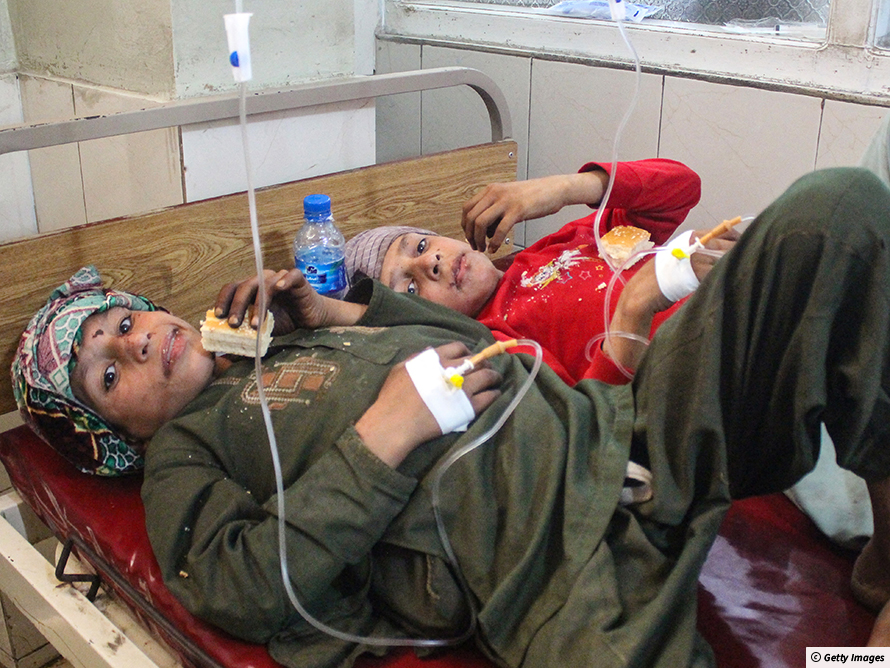Does the media have a Western bias? Hundreds have died in a horrific natural disaster in central Asia. Yet critics say Western news sources could hardly seem less interested.
Hundreds feared dead in Afghan quake
 Rescue mission: The magnitude 6.0 earthquake hit a remote part of eastern Afghanistan, making it challenging to rescue survivors.
Rescue mission: The magnitude 6.0 earthquake hit a remote part of eastern Afghanistan, making it challenging to rescue survivors. Glossary
Afghanistan - A mountainous Asian country, slightly larger than France, whose neighbours include Pakistan, Iran and China.
Patriarchal - A society in which adult men have a monopoly on power. In these societies, men tend to hold all political positions, and women and children are also expected to obey the men in their families.
Taliban - A violent fundamentalist Islamic movement that enforces sharia law and denies education to women.
Queen Camilla - The second wife of Britain's King Charles III.
Civilians - People who are not in the army or the police.
Sudan - A country in northeast Africa with a population of 45 million.
UAE - The United Arab Emirates is a country in the Middle East, and the location of Dubai.
Humanitarian - People or views that advocate for human welfare
Adam Smith - An 18th-Century Scottish economist often known as the "father of economics".
Biases - Beliefs that systematically and unfairly distort a person's decisions, in favour or against one group or another.
9/11 - A series of terrorist attacks that took place in the USA on 11 September 2001. It is known as 9/11 as Americans write the month first, and then the date. The attacks killed 2,996 people. Many of them died when two planes were hijacked and hit the twin towers of the World Trade Center in New York, causing them to collapse.
